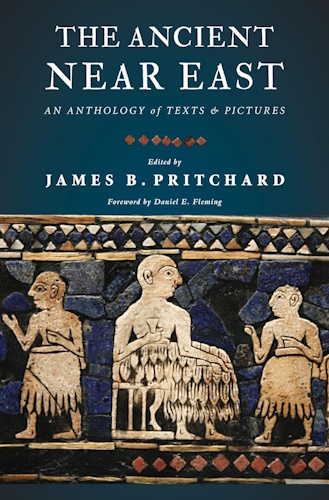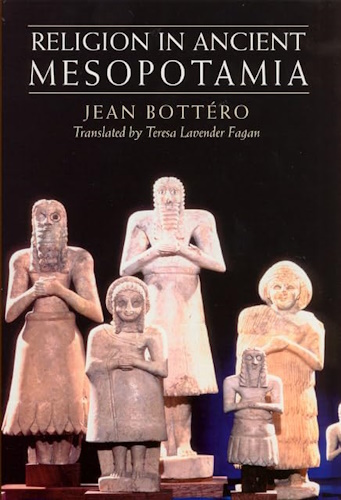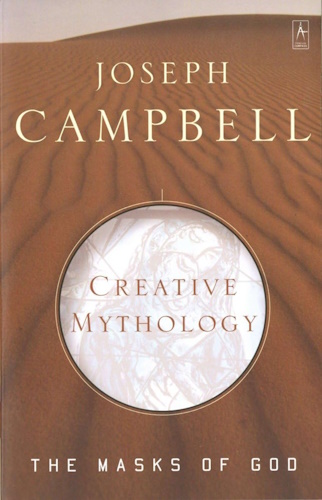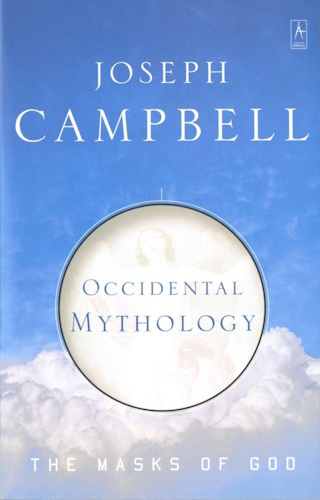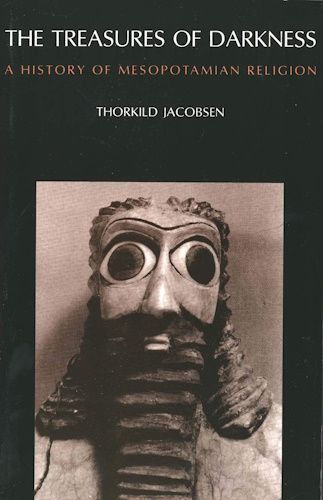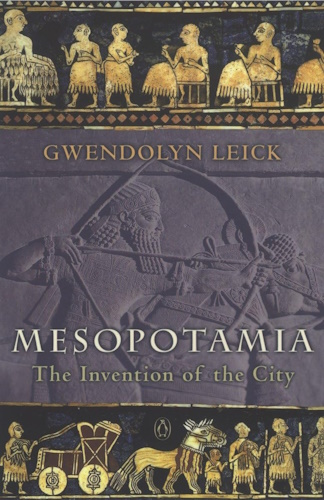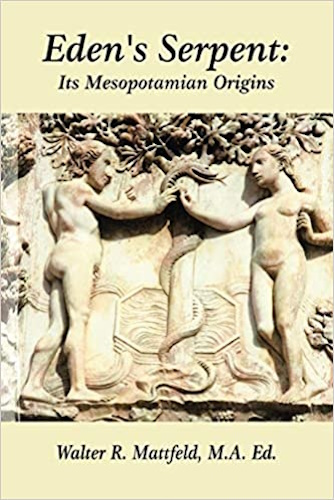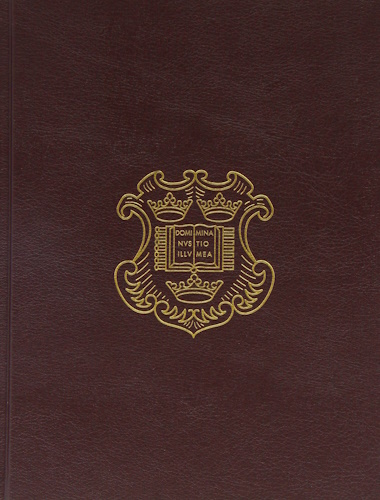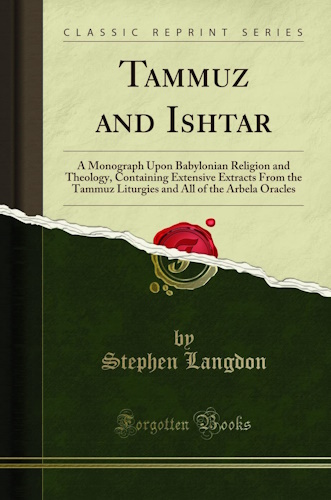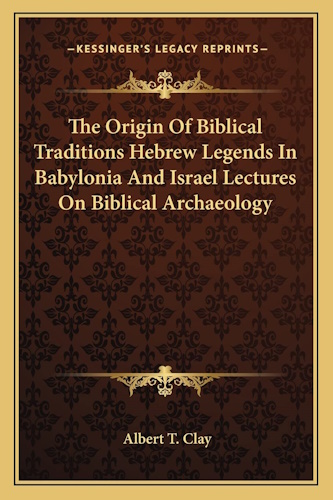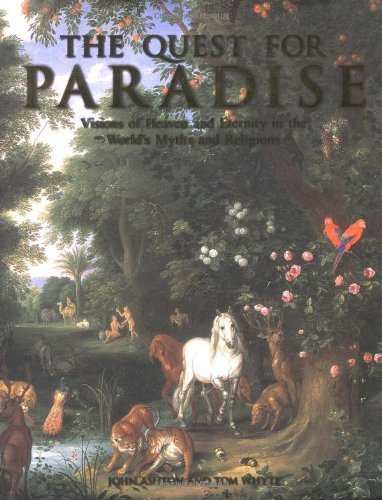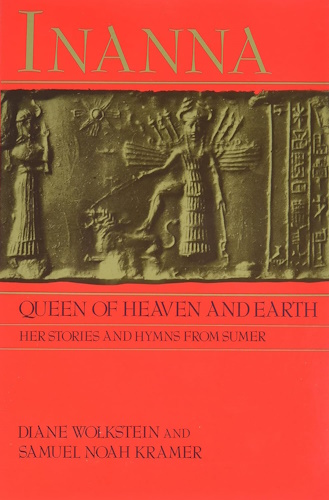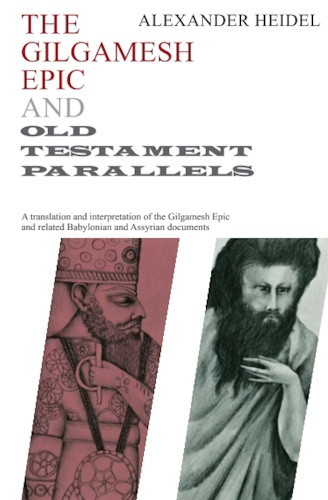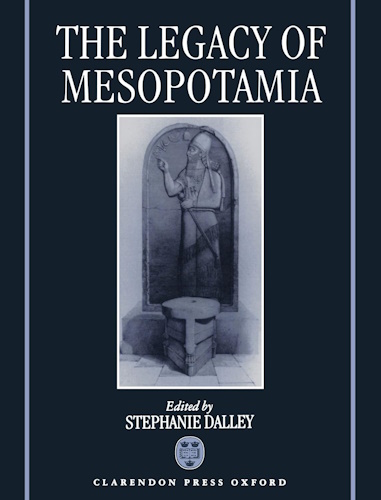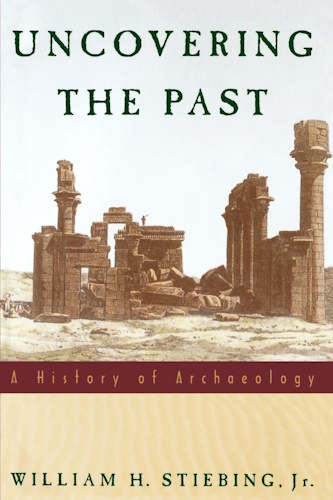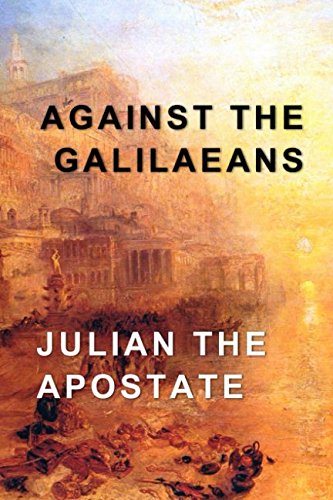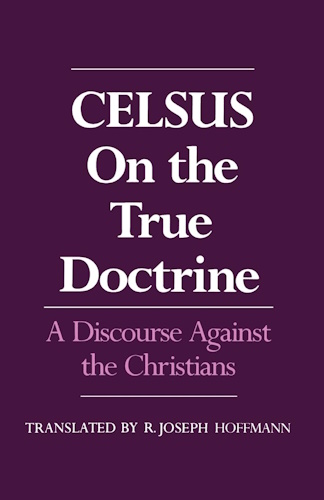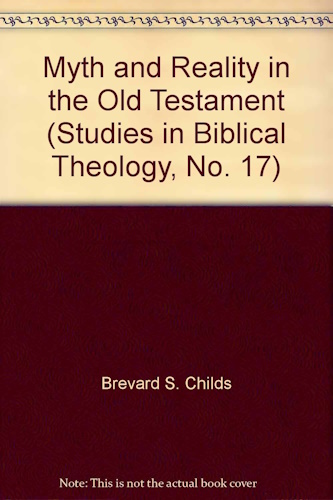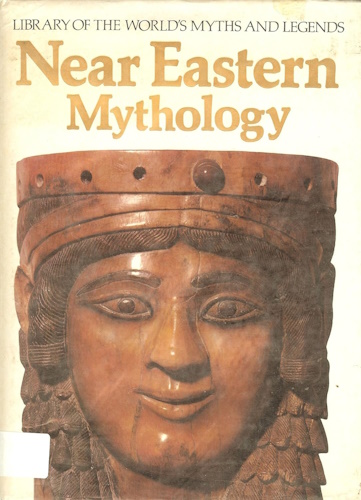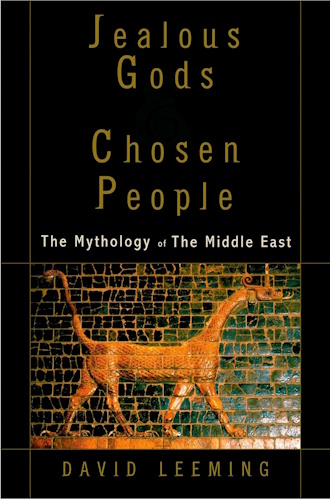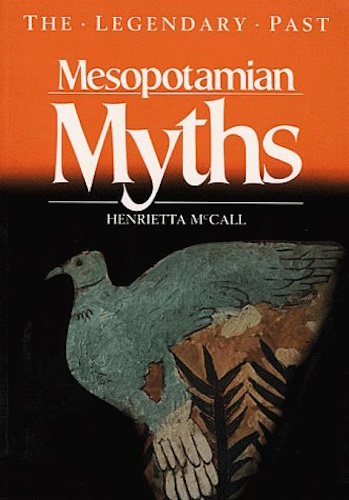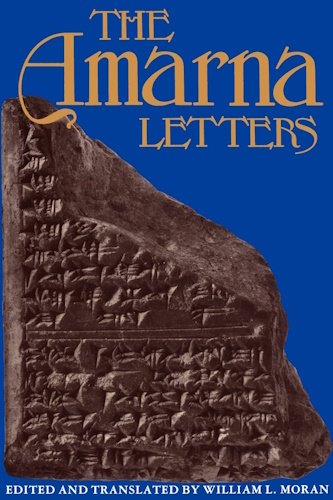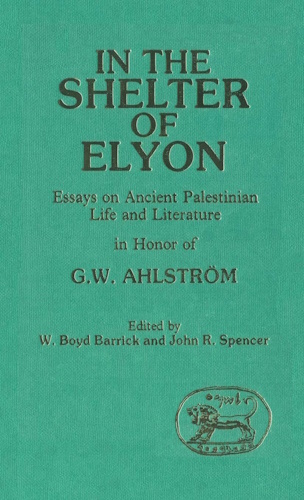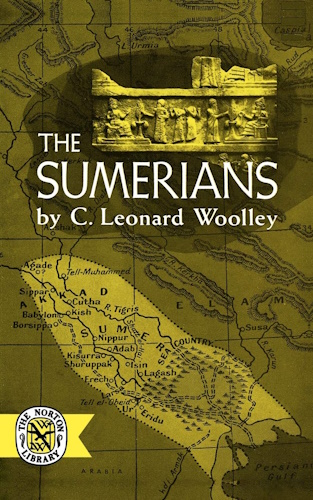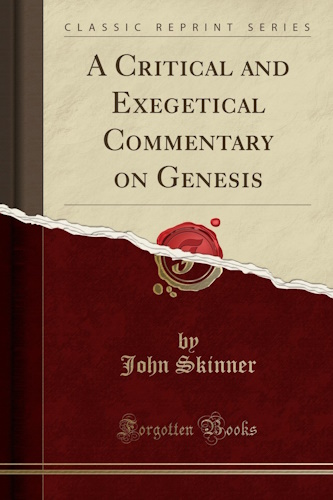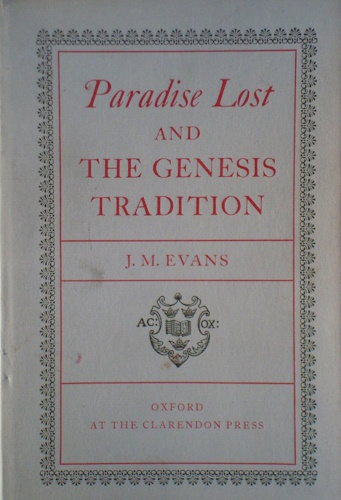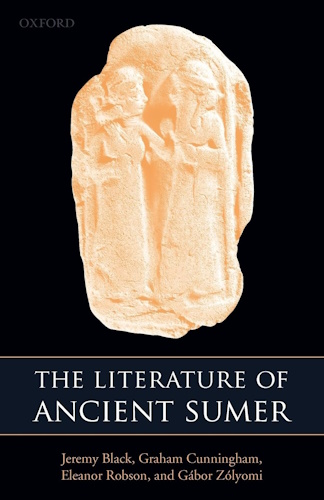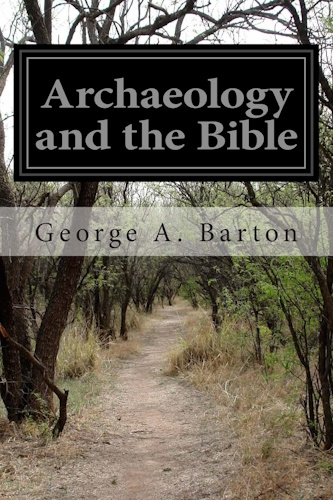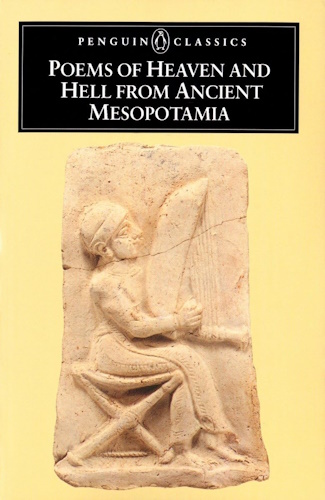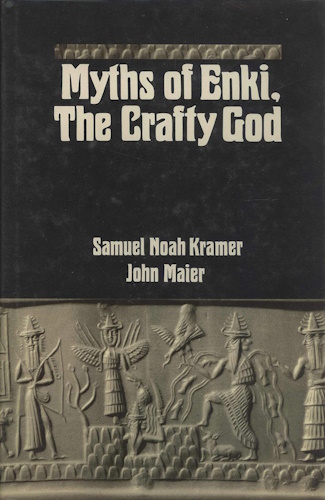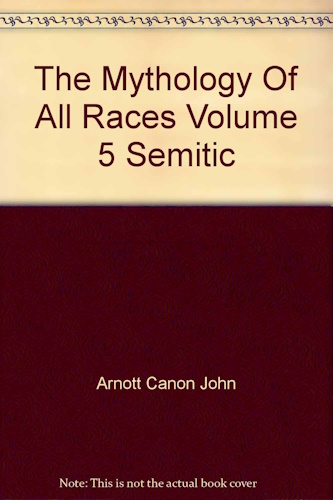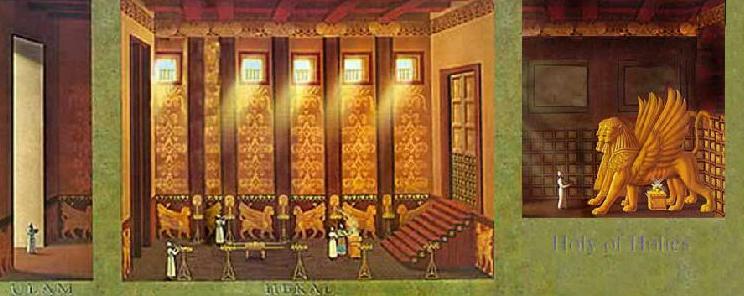![]()
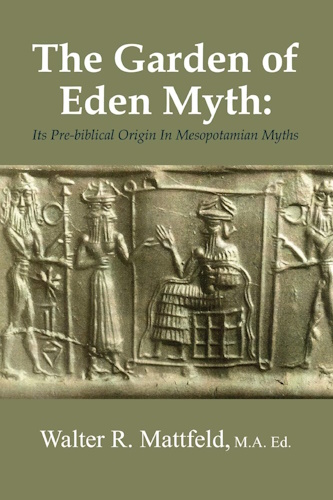
Bible Origins
Man's Fall From Innocence:
Adam, Adapa and Enkidu
by
Walter Reinhold Warttig Mattfeld y d la Torre, M.A. Ed.
e-mail contact
09 June 2008
Revisions through: 07 November 2010
![]()
A number of scholars over the past 100 years have suggested that certain motifs associated with Adam in the book of Genesis appear to be modified and transformed concepts appearing in earlier Mesopotamian works of literature and I am in agreement with this understanding.
Two protagonists, Adapa of the Adapa and the Southwind Myth and Enkidu of the Epic of Gilgamesh have most oftenly been identified by various scholars as the source for some of the biblical imagery regarding Adam and again, I am in agreement with these proposals.
Some Christian commentators assert that Adam's "fall from innocence" brought about many misfortunes for him and mankind.
Does there appear in the Adapa and the Southwind Myth and the Epic of Gilgamesh similar motifs of "a fall from innocence and consequent suffering for a man"?
The answer is yes, but these motifs are not identical to Genesis' motifs, they appear to have been recast and transformed.
I understand with other scholars that the Hebrews have modified and transformed these two stories' concerns and morals drawn in order to _refute, deny and challenge_ the Meopotamian notions about how man came to be denied immortality and faces death as his lot in life.
The first question that needs to be asked is: Why did the Hebrews do this? Why did they challenge, deny and refute the earlier Mesopotamian concepts about the Who, What, Why, Where, When and How of Man's being denied immortality?
The Bible suggests that Israel's early patriarchs Abraham through Jacob, were nomads, herdsman of cattle and sheep and tent-dwellers. Israel's story begins with Abraham who is portrayed as originally of a location called Ur of the Chaldees (identified by some with Sumerian Ur south of Babylon), who later migrates to Haran in northern Syria and then Canaan settling in the area about Beersheba and Hebron in the Negev.
It is my understanding that perhaps Abraham changed the Mesopotamian stories regarding how man came to lose out on a chance to obtain immortality via a "fall". Abraham probably began life as a polytheist and in later life became a monotheist. As a polytheist at Ur and perhaps at Haran, he contemplated a new vision of man's relation with his creator, and consequently changed the earlier myths recasting them into a new story with new names for the protagonists, different locations for events, and different historical sequences of events. His musings or insights he no doubt thought of as being revelations from a god and he passed on to his descendants these recast stories as direct revelations from his god.
Scholars have noted an animosity existed to some degree between the tent-dwelling nomadic herdsmen and the settled peoples of the land, the dwellers of villages and cities. Perhaps the refuting of the city-dwellers' myths was a way of defending the nomadic way of life?
The Mesopotamians understood man had been created by gods and goddesses working together. Contra this notion the Hebrews have only one God creating man.
Adapa's "fall from innocence" was in his naive, innocent trust in his god. He apparently thought that if he was blameless before his god and scrupulous in doing all his assigned tasks as this god's servant his god would _not_ betray this trust, his god would not deal falsely with his servant, his god would reciprocate by doing only good for his loyal servant, always ready to care for and look out after his servant's well-being. Adapa's innocence, his trust in his god was betrayed.
Ea of Eridu in Sumer (modern Iraq) did not want Adapa to possess immortality. He foresaw that Anu the supreme god who dwelt in heaven would offer Adapa food of life and water of life confering immortality on him and consequently all of mankind. To prevent this from happening Ea tricked Adapa into believing the bread of life and water of life were in fact the bread of death and the water of death and if he consumed either he would surely die. So, when Adapa was offered these items by Anu's servants Gishzida and Dumuzi, he refused to consume them.
Apparently Anu was upset to learn that Adapa had cursed the southwind deity, breaking its wing and causing breezes to stop blowing over Lower Mesopotamia. This was forbidden knowledge, man was not supposed to know how to overpower a god. So an upset Anu summoned Adapa from Eridu in Sumer to appear at his heavenly abode to give account of himself. Upon realizing Adapa had been given these powers by Ea, Anu apparently concluded if this man has a god's forbidden knowledge (able to control the forces of nature via curses and incantations) he might as well be made a full-fledged god by having immortal life, thus the bread of life and water were presented for him to consume.
Why did Ea _not_ want man (Adapa) to possess immortality? Ea is portrayed as a wily trickster god, he is a god of great wisdom, and in some myths responsible for man's creation. Apparently Ea realized the "danger" in making man into an immortal god and acted to prevent this from happening by tricking Adapa into thinking the bread and water of life would kill him. In other words, Ea's wisdom, his ability to foree the consequences of present actions surpasses Anu's.
Anu apparently failed to realize that if man was given immortality and made into a god the gods would lose their Sabbath Rest from earthly toil!
The Mesopotamians understood the gods had made man to relieve themselves of the grievous toil upon the earth endured in providing life's necesities for themselves: food, shelter and clothing. In creating man to be their slave, man's purpose in life was to provide the gods with all this, freeing them from toil on the earth for ever. In other words, in Mesopotamian thinking gods do not toil their for food, shelter and clothing, man does.
If man is given the boon of becoming a god, then who will provide the gods with life's basic needs: food shelter and clothing? The gods will have to return to the earth and provide these needs for themsleves as there will no longer be mortal men to do this grievous labor on their behalf.
So, Ea _wisely_ sabotoged Anu's plan to make man immortal with the bread and water of life. This myth also explains why man does not have immortality. He does not have it because a god, Ea, willed it so that the gods would not lose their Sabbath Rest from earthly toil.
The important concept here is that for the Mesopotamians, their gods did _not_ have to act in a fair, ethical manner towards each other or towards man. Man's good behavior, his scrupulously carrying out his duties for his god and behaving himself, were no guarantee that the gods would reciprocate in a like manner (good behavior does not bind a god's hands forcing him to reciprocate by giving "good in return for good").
No fault was found by Ea with his servant Adapa, yet, in the end, acting out of self-interest (not wanting to lose his servant and his Sabbath Rest from earthly toil) Ea bushwacked Anu (and Adapa) foiling this god's ill-thought-out rash attempt to bestow immortality on mankind, not foreseeing the grave consequences of such an action: that the gods would have to return to the earth and bear again the grievous toil in providing for themselves life's necessities of food, shelter and clothing if man was made into a god and freed of servitude to the gods.
So, Adapa's "innocence" was his naively assuming he could trust his god, that his god would never betray him or act against Adapa's best interests. In other words the Mesopotamians did not have a very high opinion of their gods in regards to their ethical treatment of man their slave.
Apparently the Hebrews (Abraham?) objected to this storyline as to how man came to lose-out on a chance at obtaining immortality. Man (Adam) was _not_ tricked by his God (Yahweh-Elohim). Man chose to disobey his god and eat of the forbidden fruit whereas Adapa _obeyed_ his god (Ea) and did _not_ eat of the forbidden food. I understand that the Hebrews (Abraham?) have _inverted_ the storyline. Man lost-out because he ate rather than because he did not eat. The bread of death and the bread of life were recast as fruits from a tree of knowledge of good and evil and a tree of life. Ea's warning to Adapa was at Eridu in Sumer whereas Adam's warning was in God's garden in a location called Eden. The Sumerians understood Eridu was built by Enki (Akkadian/Babylonian Ea) and the uncultivated land about this city and its city-garden that Enki had made man to care for was called edin (I understand with other scholars that the Sumerian edin was recast by the Hebrews as Eden).
Thus two gods who opposed each other, Anu (who was upset that man had forbidden knowledge) and Ea (who denied man immortality via a lie) came to conflated together into one god, Yahweh-Elohim who allowed Adam to attain forbidden knowledge but denied him immortality. Contra Ea (Sumerian Enki) God (Yahweh) is portrayed as being ethical in his dealings with man. For the Hebrews Man lost out on a chance for immortality by _refusing to obey_ his God, while for the Mesopotamian because a Man _obeyed_ his god (Ea) he lost out on a chance at immortality.
In other words, the Hebrews _blamed_ man for the loss of a chance to obtain immortality; God is just and He is absolved of any unethical wrong-doing whereas for the Mesopotamians man is innocent and blameless and has been betrayed and his naive childlike trust callously exploited by an unethical trickster god (Ea/Enki); man is _not_ to be blamed it is the _unethical gods_ who are to be blamed.
Professor Walton on the Mesopotamian gods _unethical behavior_ in contrast to Yahweh's ethical behavior:
"What Aristotle later observed about Greek religion was just as true of Mesopotamian religion: "Men imagine not only the forms of the gods but their ways of life to be like their own." Like human conduct, then, the conduct of the gods lacked consistency and was for the most part unpredictable. There was no absolute morality characteristic of divine conduct and no code to which the gods were bound. The gods were not obliged to be moral, ethical, or even fair, and integrity could never be assumed...We find then that...consistency and absolute morality, are not part of the disposition of the Mesopotamian gods...since humans were created to do work for the gods, the gods were seen to depend on people to provide for them...the sacrifices provided food for the gods and the temples provided shelter and housing for the gods. The fact that the gods were seen to need what humans could provide created a situation in which they had a bargining chip when dealing with the gods...The "manipulation factor" succeeded with the gods of the ancient Near East; it failed with YHWH. He could not be blackmailed or manipulated so that he became man's lackey. In Mesopotamian perceptions of deity, manipulation was much more of a possibility."
(pp. 238-239. "Disposition of deity." John H. Walton. Ancient Israelite Literature in its Cultural Context. A Survey of Parallels Between Biblical and Ancient Near Eastern Texts. Grand Rapids, Michigan. Zondervan Publishing House. 1989, 1990 Revised Edition)
Walton's above observations on the Mesopotamian gods unethical behavior in regards to man perhaps explains why the Mesopotamian author of Atra-Khasis shows contempt and ridicule for the gods who sent the flood to destroy man because his noise disturbed their Sabbath Rest. The gods' unethical behavior also explains why man (Adapa) lost out on a chance to obtain immortality. Ea acting out of self-interest did not want to lose man (Adapa) as his slave/servant, for Ea did not want to have to give up his Sabbath Rest from toil and have to provide sustenance for himself via earthly toil. So the Mesopotamians saw their gods' Sabbath Rest and Flood as the result of selfish acts of their gods involving man's exploitation. Man was the innocent victim of callous, ruthless, selfish gods.
Walton on man being a "slave" of the gods:
"In the book of Genesis, dignity is conferred on humankind because only humans are in the image of God. All of the cosmos is created for people and with people in mind. In the ancient Near Eastern perspective, humankind is an afterthought and even a bother. There is no dignity to be found in the status of humanity. Humankind was created to be slaves rather than to rule. Dignity in Mesopotamia, for example, is therefore found in the function of humankind -the gods need them to provide housing (temples) and food (sacrifices)."
(p. 232. "Dignity of humankind." John H. Walton. Ancient Israelite Literature in its Cultural Context. A Survey of Parallels Between Biblical and Ancient Near Eastern Texts. Grand Rapids, Michigan. Zondervan Publishing House. 1989, 1990 Revised Edition)
Professor George on man's "rebelliousness" being accounted for because the flesh and blood of a slain rebel god (Weila at Nippur, ringleader of the Igigi god rebellion against Enlil) was used to animate or give life to the clay which is man. In other words, man is a rebel because he posseses a rebel god's spirit:
"There was a flaw built into Ea's creation of man...The clay that Ea gave to the Mother Goddess as the raw material from which she bore mankind was animated- given spirit- by mixing it with the blood of a god...But the trouble was that the god who was executed to provide the blood was not the best material. In one tradition, at least, he was the leader of the rebels, who had instigated a mutiny. Small wonder, then, that mankind could be wayward...The innately rebellious nature of man encapsulated in this myth of his creation..."
(pp. xxxix-xl. "Introduction." Andrew George. The Epic of Gilgamesh: The Babylonian Epic Poem and Other Texts in Akkadian and Sumerian. London. Penguin Books. Revised Edition. 2003)
Motifs associated with Enkidu in the Epic of Gilgamesh have been identified by some scholars as having been transformed, and recast and assimilated to Adam. Like Adapa, Enkidu too experiences a "fall from innocence" as well, but, like Adapa, the original "innocence" motif has been transformed and changed in the Hebrew recasting.
That is to say, I am in agreement with scholars who have proposed that motifs and scenarios associated with Adam were in earlier myths associated with Adapa and Enkidu.
Enkidu's "fall from innocence" relates to an accusation he makes against Shamhat the harlot-priestess of Uruk. One scholar has Enkidu claiming that the harlot has robbed him of his "innocence" and he holds her as responsible for setting him on a path that will ultimately lead to his death at the hands of outraged gods.
Foster (Professor of Near Eastern Languages at Yale University) on Enkidu's "INNOCENCE," Enkidu is cursing the harlot-priestess (emphasis mine):
"May your purple finery be expropiated,
May filthy underwear be what you are given,
Because you diminished me, AN INNOCENT,
YES ME, AN INNOCENT, you wronged me (?) in my steppe."
(p. 56. "Tablet VII." Benjamin R. Foster. The Epic of Gilgamesh. A Norton Critical edition. New York & London. W. W. Norton & Company. 2001)
Below, the same above lines translated somewhat differently by Leick (emphasis mine):
"Because you have humiliated me, THE INNOCENT,
[Yes] me, THE INNOCENT, you have humiliated me in my
wilderness."
(p. 165. "Liminal Sexuality." Gwendolyn Leick. Sex and Eroticism in Mesopotamian Literature. London & New York. Routledge. [1994] 2003)
Professor Andrew George:
"[Because] you made me weak, who was undefiled!
[Yes,] in the wild you weakened me, who was undefiled!"
(p. 129 Andrew George. The Epic of Gilgamesh. London. Penguin Books.1999)
The above renderings suggest similar themes for Adam, before he encountered Eve he was (1) innocent, (2) undefiled in that he had not sinned, (3) he was weakened by Eve's powers of persuasion, and (4) he was humiliated as a consequence of his sin by God. Andrew George has informed me that the word "wild" in the Epic of Gilgamesh is sometimes rendered edin (a Sumerian logogram which is used at times in place of the Akkadian word seri), so we have a naked man accusing a naked woman he met in edin (seri) of robbing him of "his innocence" and "defiling him," recalling somewhat Adam's casting of blame on Eve.
Gardner and Maier note that after sex with Shamhat Enkidu is "weak" he cannot gallop at the pace of the gazelles and wild cattle when they turn and run from him. His accusation that Shamhat "weakened" him may be alluding to this? His "innocence" may allude to his being described as a "child of the mountain," children being naive and innocent; his being described as a "killer" may allude to his being seen as a threat to the hunter-trapper of wild game from Uruk. "Man-as-he-was-in-the-beginning" is an apt phrase for Genesis' first man, Adam, who like Enkidu was a created being without mother or father:
"After Enkidu was glutted on her richness
he set his face towards his animals.
Seeing him, Enkidu, the gazelles scattered, wheeling:
the beasts of the wilderness fled from his body.
Enkidu tried to rise up, but his body pulled back.
His knees froze. His animals had turned from him.
Enkidu grew weak; he could not gallop as before.
Yet he had knowledge, wider mind.
Turned around, Enkidu knelt at the knees of the prostitute.
He looked up at her face...
The woman said to him, to Enkidu:
You have become wise, like a god, Enkidu.
Why did you range the wilderness with animals?
Come, let me lead you to the heart of Uruk of the sheepfold,
to the stainless house, holy place of Anu and Ishtar,
where Gilgamesh lives..."
(pp. 77-78. John Gardner & John Maier. Gilgamesh Translated From the Sin-Leqi-Unninni Version. New York. Vintage Books, A division of Random House. 1985. Alfred A. Knopf, 1984)
"Enkidu is called ilittasu sadumma, "child of the mountain." That the story of Enkidu is the story of the early life of mankind is suggested by the epithet given him here, lullu-amelu..."primodial" [man]...Hence "man-as-he-was-in-the beginning" here and "man-as-he-was"...the epithet etlu saggasa, "man of destruction" or "killer"...
(p. 79. "Notes to Tablet 1 column iv." John Gardner & John Maier)
"...Enkidu, child of the mountain,
he who fed with gazelles on grass...
The woman saw him, the man-as-he-was-in-the-beginning,
the man-killer from the deep wilderness."
(p. 77. "Column iv." John Gardner & John Maier)
Shamhat takes Enkidu's hand and leads him like a child from the wilderness taking him to Uruk and the Eanna temple of An and Inanna (Akkadian: Anu and Ishtar). Adam is portrayed like a naive innocent child unaware it is wrong to be naked before he encounters Eve, eats forbidden fruit, and realizes it is wrong to be naked. Perhaps Enkidu's naive childlike innocence has been ascribed to Adam? It is at Uruk that Enkidu is presented bread to eat and wine to drink. Gilgamesh describes Uruk as 1/3rd clay pits, 1/3rd dwellings, 1/3rd gardens, all within great city walls. Enkidu balks at eating the proffered food given him by Shamhat in Uruk. I guess we could say that the notion that the Garden of Eden possesses an entrance guarded by Cherubim might be an allusion to Uruk's city-gardens and city walls where a formerly naked man of edin, Enkidu, is offered forbidden food, bread being for the table of the gods and civilized man (Note:"bread fit for a god" was _forbidden food_ for Adapa, he being told by Ea that Anu would offer him "bread of death" which if eaten would cause Adapa's death, so in a sense, "bread fit for a god" is "forbidden-food-of-death" and Adam in a garden which had an "entrance" and apparently walled, was told not to eat the "fruit of death" another forbidden food). In other words, Uruk is a Garden of Eden prototype (along with Eridu where Adapa was warned do not eat it is the food of death by Ea and Anu's abode in heaven). So it is in Uruk that Shamhat urges Enkidu to eat "bread/food fit for a god" (Shamhat's urging Enkidu to eat becoming Eve urging Adam to eat). Has the ground, "the bed of shepherds," Enkidu rises up from been recast as Adam rising from his sleep on Eden's ground, this being his "bed," to come under Eve's powers of persuasion? Was childlike Enkidu's "rising up" from the ground where he sat at Shamhat's feet, recast as childlike Adam's "fall" because of Eve's actions?
"When I look at you, Enkidu, you are like a god.
Why do you range the wilderness
with wild animals?
Come let me lead you
into [Uruk]...
Enkidu, get up: I will lead you...
Get up, rise from the ground,
bed of shepherds...
He heard her words...
the advice of a woman...
she took off a part of her clothing
and covered him...
she took his hand
and led him like a child
to the shepherd-house,
the place of the sheepfold.
(pp. 91-92. Tablet II..."
When Enkidu learns he he is to die shortly for offending the gods with Huwawa's murder Shamash the sun-god hears Enkidu's cursing of the harlot-priestess and comes to her defense. He reminds Enkidu she fed him food fit for a god, gave him a fine robe to cover his nakedness and introduced him to Gilgamesh his bosom-friend and companion-in-arms, she is _not_ deserving of Enkidu's curse. A chastened Enkidu changes his curse into a blessing for the harlot.
I understand that Enkidu's curse for the harlot was transformed into God's cursing of Eve. Enkidu's earlier cursing of the Hunter Sadu who brought the harlot to the watering hole in edin to entrap him and separate him from his animal friends the gazelles, became God cursing Adam. Enkidu becomes Adam and Shamhat becomes Eve. The watering hole in the edin where the naked man of edin, Enkidu, beheld the naked harlot and "fell" for her, has become a God's garden in Eden where a naked Adam is introduced to a naked Eve (God becoming the Hunter Sadu who brought Shamhat to the watering hole in the edin near Uruk).
So, then, _both_ Adapa (of Adapa and the South wind Myth) and Enkidu (of the Epic of Gilgamesh) preserve motifs of a "fall" involving their innocence and trust being taken advantage of to their harm.
Enkidu's death was ordered by Anu and Enlil for his complicity in slaying Humbaba (Huwawa) the guardian of the gods' cedar forest in the Lebanon. Shamash the sun-god, a patron of both Enkidu and Gilgamesh, attempted to dissuade Anu and Enlil of taking Enkidu's life for slaying Huwawa for they did it with Shamash's approval and assistance. In other words Shamash argued that the naked man of edin (Enkidu) did not deserve to die. Shamash's plea fell on deaf ears, Enkidu forfeited his life.
Note that "bread of life," not a fruit, confers immortality in the Adapa and the South Wind Myth. The bread was probably baked by Adapa as he was a baker at Eridu and presented bread to his god Ea (Enki). So, ironically, the "bread fit for a god" to consume, made by Adapa, was offered him by Anu in heaven. Had he eaten he would have obtained immortality. He didn't because Ea lied to him telling him it was the "bread of death," not life. So two themes resurface with Enkidu from the Adapa story: immortality and knowledge associated with bread. Motifs associated with Adapa and Enkidu have been fused and assimilated to Adam of the Garden of Eden.
I am in agreement with earlier scholars that motifs originally associated with Adapa and Enkidu have been transformed and ascribed to Adam by the Hebrews. An innocent Adapa and an innocent Enkidu did not deserve to die, the gods had acted acted unrighteously, unethicially and unjustly.
Some Mesopotamian myths portray rebelliousness as a godly characteristic. Abzu (Apsu) and Tiamat are portrayed as the father and mother of the gods at Eridu in Sumer. The gods _rebel_ against their parent's wishes and become unruly. Abzu/Apsu decides to destroy his progeny (the gods), they slay him before he can slay them. Later the gods slay Tiamat, their mother, who seeks to slay them for their unruliness to her will. The god Ea (Enki) is identified as slaying Abzu/Apsu, while Ea's son Marduk of Babylon, slays Tiamat. After the slaying of Abzu/Apsu and Tiamat, the gods decide to make man of clay to be their slave. At Nippur, the rebel-god We-ila, ringleader of the Igigi god rebellion against Enlil is slain and his flesh and blood are ground into the clay to animate or give life to man. So man was made in the image of the gods, in the image of rebellious gods. Man, then is a victim, he is a rebel to the gods because his creators are rebels themselves, who slew their father (Abzu/Apsu) and mother (Tiamat).
For the Hebrews man's rebelliousness is traced to the actions of Adam and Eve. They excercised their free wills and chose to not obey God. Christians understand this rebellion to be a "fall from innocence" and introduction of sin into the world. Contra the Christian understanding the Mesopotamian myths suggest that man's sinfulness was implanted within him at the moment of his creation. He is, in a sense, a victim of the gods.
The gods in some myths (3rd millennium B.C.) are portrayed as being unethical and immoral. They engage in extra-marital sex with each other, they have sex with their off-spring (children), they rape goddesses and engage in sex with human beings, both men and women.
How then can man, _made in the image of the gods_ be "better than" his creators? That is to say how can it be that a god would expect that mankind "ought" to lead a moral, ethical and righteous life if this creator is engaged in lying, murder, rape, and incest?
So man (Adapa) did take a "Fall": He lost out on a chance for immortality not because he was a disobediant sinner, but because the god in whom he trusted, betrayed that trust, denying him immortality and god-hood because Ea feared the loss of his eternal sabbath-rest from earthly toil if man were allowed to become a god.
Walton (a devout evangelical scholar) summarizes some observations by Andreasen who is a devout Seventh Day Adventist scholar on Adapa and Adam as prototypes of man:
"On the scene staged by the Mesopotamian artists he characterized man as the noble, wise, reliable, and devoted, but humble hero who is resigned to live responsibly before his god. However, in the biblical tradition, the characterization came through in quite a different way, which has put its lasting mark upon the concept of man in the Judeo-Christian tradition- namely, that before God, man is (or rather has become) basically sinful, failing, ignoble and untrustworthy, bent upon usurping the place of his God."
(pp. 193-194. Niels-Erik Andreasen. "Adam and Adapa: Two Anthropological Characters." Andrews University Seminar Studies. Vol. 19 (1981). pp. 184-185. p. 64. "Cases of Alleged Borrowing." John H. Walton. Ancient Israelite Literature In Its Cultural Context, A Survey of Parallels Between Biblical and Ancient Near Eastern Texts. Grand Rapids, Michigan. Zondervan Publishing House. 1989. 1990 Revised Edition)
Heidel (1942) on Adapa's "Fall" being a misnomer as he lost out on a chance to obtain immortality not through disobedience (sin) but because he was obedient to his god (Ea) who tricked him with a lie:
"Like the biblical account of the fall of man, the Adapa story wrestles with the questions: "Why must man suffer and die? Why does he not live forever?" But, unlike the biblical account, the answer it gives is not: "Because man has fallen from a state of moral perfection," but rather: "Because Adapa had the chance of gaining immortality for himself and mankind, but he did not take it. The gift of eternal life was held out to him, but he refused the offer and thus failed of immortality and brought woe and misery upon man." The problem of the origin of sin does not even enter into consideration. Consequently, it is a misnomer to call the Adapa Legend the Babylonian version of the fall of man. The Adapa Legend and the biblical story are fundamentally as far apart as the antipodes."
(p. 124. "Old Testament Parallels." Alexander Heidel. The Babylonian Genesis, The Story of Creation. Chicago & London. The University of Chicago Press. 1942, 1951. Reprint of 1984)
Heidel on the lack of a notion of a "fall" for man in Mesopotamian myths and that if there is a "fall," it is that the gods have fallen, it is the gods who have acted immorally. The Mesopotamian myths have man made of clay mixed with the flesh and blood of a slain rebel god, Weila at Nippur who sought to kill Enlil the chief god of Nippur, this god's (Weila's) spirit which is "in" man, is then a "rebellious" murderous spirit:
"So far no proof for the first sin has been found anywhere in Babylonian or Assyrian literature. If it is at all permissable to speak of a fall, it was a fall of the gods not of man. It was the gods who first disturbed the peace of Apsu and Tiamat; it was Apsu and Mummu who planned the destruction of these gods; it was Ea who, as a measure of self-preservation, killed his ancestor Apsu; and it was Tiamat and her host who, in a rage of revenge, prepared to bring war and destruction upon the other gods. In Genesis man is created in the image of God; but the Babylonians created thier gods in the image of man. The gods...were guilty of human misconduct...something quite different from...chacteristics attributed to God in the Old Testament...Of the Babylonians can be said what Cicero has said with reference to the poets of Greece and Rome: "The poets have represented the gods as inflamed by anger and maddened by lust, and have displayed to our gaze their wars and battles, their fights and wounds, their hatreds, enmities and quarrels, their births and deaths, their complaints and lamentations, the utter and unbrideled license of their passions, their adulteries and imprisonments, their unions with human beings and the birth of mortal progeny from an immortal parent." How could such gods possibly be expected to create something morally perfect? Yes, it was with the blood of such gods that man was created! Since all the gods were evil by nature and since man was formed with their blood, man of course inherited their evil nature. This conclusion is in complete harmony with the following passage from the Babylonian theodicy: "Narru, king from of old, the creator of mankind; gigantic Zulummar, who pinched off their clay; and lady Mama, the queen, who fashioned them, have presented to mankind perverse speech, lies and untruth they presented to them forever." Man, consequently, was created evil and was evil from his very beginning. How then, could he fall? The idea that man fell from a state of moral perfection does not fit into the system or systems of Babylonian speculation."
(pp. 125-126. "Old Testament Parallels." Alexander Heidel. The Babylonian Genesis, The Story of Creation. Chicago & London. 2nd edition. 1942, 1951. Reprint of 1984)
The Babylonian position was that man was a sinner because he was made in the image of sinner-gods. The Hebrews had a problem however, in portraying God as righteous and man being made in God's image, how to account for man being a rebellious murdering sinner instead of being righteous like God? They proposed that -at first- Adam was without sin, after all he was made in God's image and God was without sin! Then Adam rebelled against God's command: "Do not eat, you will die!" and this act made man into a sinner and rebel. I suspect Adapa's being portrayed as blameless before his god Ea became Adam being at first blameless before Yahweh and not a sinner. Then Adam did something Adapa did not do, Adam disobeyed God and ate the forbidden food. Adapa did not disobey, he refused the forbidden food when it was offered him; he resisted temptation and for this resistance he was removed from Anu's abode and denied immortality. The Hebrews had no other choice, to preserve Yahweh's righteousness they inverted the storyline as to why man doesn't have immortality, Adam disobeyed versus Adapa's obedience! If we want a righteous God, then man made in his image had to have done something to lose his blamelessness (he disobeyed and ate forbidden fruit). God's righteousnes is thereby preserved and he dodges the blame for man's sinfulness unlike the sinner-gods of Mesopotamian lore!
Adapa's "blamelessness":
"Ea, created him as the model of men...
The capable, the most wise...
The blameless, the clean of hands, the ointment priest,
the observer of rites..."
(p. 76. Vol. 1. "Adapa." James B. Pritchard. Editor. The Ancient Near East. An Anthology of Texts and Pictures. Princeton, New Jersey. Princeton University Press. 1958. paperback edition)
It is my understanding that the Hebrews "reworked" motifs from the Adapa and the South Wind Myth, they are SHIFTING BLAME for man's misfortunes from God to Man. God is righteous, Man is disobedient and a sinner.
This concept, THE SHIFT OF BLAME FROM GOD TO MAN, "permeates" the whole of the Old Testament. It is a repudiation of the Mesopotamian notion that man (Adapa) as noted by Heidel (1942) acted "nobly" and was not disobediant, he was not a sinner, he was blameless before his god, he was a victim of an unrighteous, untrustworthy god (Ea) who lied to him, taking advantage of the man's naive trust, to promote his own self-interest (wanting man to remain his slave and prepare his daily food for him).
Genesis' Garden of Eden account is a recasting of earlier Mesopotamian motifs of why man was created and why he lost out in a chance to obtain immortality. The Mesopotamians blamed the gods for man's misfortunes. There was no Fall from blamelessness or moral perfection into sin for man (Adapa). Man (Adapa) had been blameless and his trust betrayed by his lying, conniving deceitful god (Ea). Other myths revealed, as noted by Heidel, that the gods were not righteous, they were sinners and man made in their image was a sinner too. Man, made in the image of immoral sinful gods, could not be moral and without sin. Man was a sinner, but not because he chose to defy his god, but because he was made in his god's image. In Mesopotamian belief man was a "victim" of circumstances beyond his control and MAN WAS NOT TO BLAME for this world being filled with violence and bloodshed contra Genesis' account.
Ge 6:5-8, 11-13 RSV
"The Lord saw that the wickedness of man was great in the earth, and that every imagination of the thoughts of his heart was only evil continually. And the Lord was sorry that he had made man on the earth, and it grieved him to his heart...the earth was corrupt in God's sight, and the earth was filled with violence. And God saw the earth, and behold, it was corrupt; for all flesh had corrupted their way upon the earth. And God said to Noah, "I have determined to make and end of all flesh; for the earth is filled with violence through them."
Please click here for my article revealing the Mesopotamian gods to be liars, shedders of blood of their fellow gods, immoral rapists, commiting incest with their mothers, sisters and daughters.
There can be "no fall of man from a state of pristine innocence" in the 3rd-2nd milliennium B.C. Mesopotamian myths because man has been created in the image of the gods and goddesses who are immoral murdering rebels themselves!
From a Secular Humanist and Anthropological point of view I understand man's anti-social behaviors are because he is an animal, possessing animal urges and impulses. The animals display similar behaviors to man. The behaviors man shares with animals are probably a part of his animal DNA.
Sin or "right and wrong" are not concepts of the animal world, they were created by man to prevent the weak from being oppressed by the strong.
Society _needs_ a concept of "right and wrong" to survive or we return to the animal world from whence we came.
It appears to me that the "concern" of the author of the Eden story is how to account for man's lot in life, why is life "so hard" for humans and so full of violence? He finds his answer in the observation that man possesses a will that is in opposition to God's will. God punishes those who do not do his will (obey him).
It seems to me that all the higher forms of animal life possess a will. Life is about a struggle of wills, other wills attempting to control your will and place limits on what you can and cannot do. Animals have wills and struggle against each others' wills and against man's will. Ancient man created a god in his own image who has a will that struggles with human wills, reflecting the reality of this world and its stuggling wills, animal and man.
In my opinon, for whatever it is worth, this struggle of wills will end only when all life ends on this planet, for this seems to be what life is all about for animals and for man.
![]()
![]()
Disclaimer:
Some material presented will contain links, quotes, ideologies, etc., the contents of which should be understood to first, in their whole, reflect the views or opinions of their editors, and second, are used in my personal research as "fair use" sources only, and not espousement one way or the other. Researching for 'truth' leads one all over the place...a piece here, a piece there. As a researcher, I hunt, gather and disassemble resources, trying to put all the pieces into a coherent and logical whole. I encourage you to do the same. And please remember, these pages are only my effort to collect all the pieces I can find and see if they properly fit into the 'reality aggregate'.
Personal Position:
I've come to realize that 'truth' boils down to what we 'believe' the facts we've gathered point to. We only 'know' what we've 'experienced' firsthand. Everything else - what we read, what we watch, what we hear - is what someone else's gathered facts point to and 'they' 'believe' is 'truth', so that 'truth' seems to change in direct proportion to newly gathered facts divided by applied plausibility. Though I believe there is 'truth', until someone representing the celestial realm visibly appears and presents the heavenly records of Facts And Lies In The Order They Happened, I can't know for sure exactly what "the whole truth' on any given subject is, and what applies to me applies to everyone. Until then I'll continue to ask, "what does The Urantia Book say on the subject?"
~Gail Bird Allen
![]()
![]()

